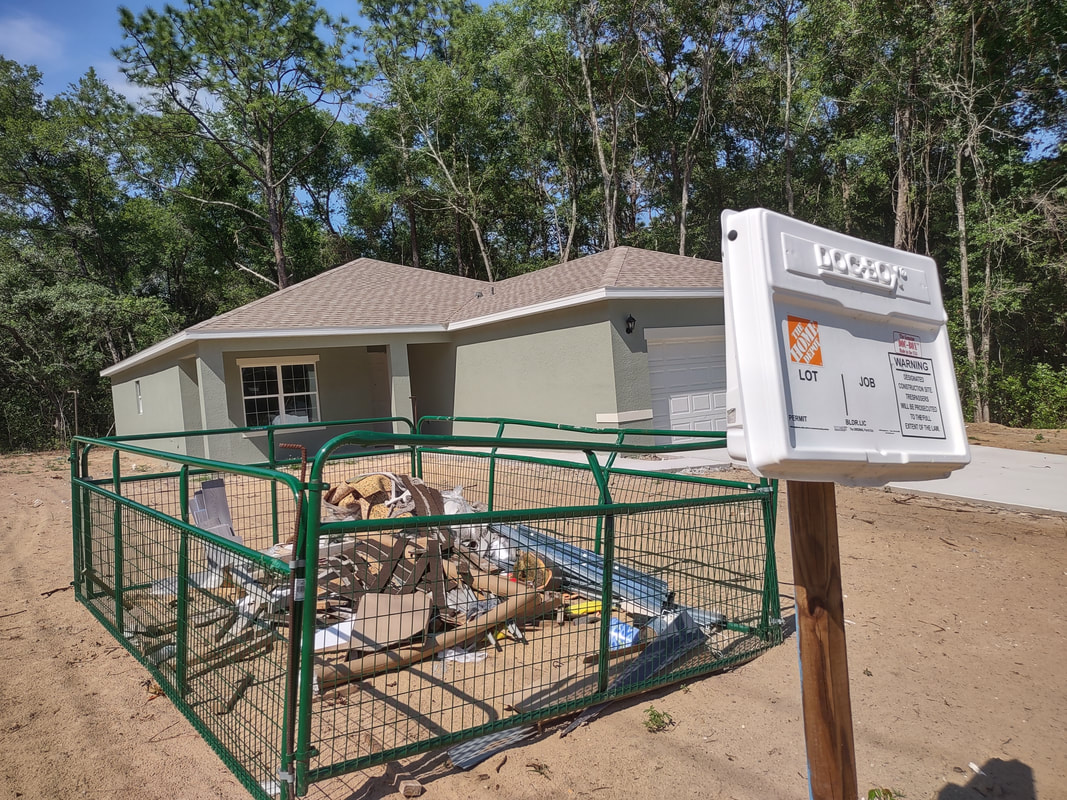|
For someone who did so poorly with math in school I sure am fascinated by numbers. Not just numbers, but data. Not just data, but data that tells a story. Such as the data Property Appraiser Cregg Dalton presented Friday to the chamber of commerce about the growth we’re seeing around here. One data point got my attention and I wrote it on a business card: “60,000 vacant parcels.”
As in 60,000 Citrus County residential lots without a house. Let that sink in for a minute. We’re just starting to grow. About half of those empty lots are in Citrus Springs, with others spread out countywide. Before diving into that, a few words about the property appraiser for you new to Florida. The property appraiser is not a tax assessor. Though the two are intertwined, the property appraiser sets the taxable value of land while the county commission, city council, etc. set the tax rate. In Florida, that’s a millage and it requires math skills which, as we’ve already covered, I do not possess. One mill equals $1 for every $1,000 of taxable value on property. I’ve probably written that sentence 10,000 times in 35 years. The taxable value is not the same as actual value. A house may be worth $300,000 on the market but its taxable value is often much less because of homestead exemptions. With that little civics lesson out of the way, I’ll say no one has better story-telling data than the property appraiser. When the economy is going well, the property appraiser sees it. When the economy is soft, he sees that as well. To the surprise of no one, the Citrus County economy is not soft. Some highlights:
(Dalton’s data also showed relocations to Citrus from Broward County, which is interesting but doesn’t tell a story. Unless Inverness is the new Fort Lauderdale.) My take on all this: — Citrus County residents, particularly those who have lived here prior to 2020, are beyond alarmed at this additional growth. I’m not smart enough to say whether growth is good or bad for Citrus County long term. I’m only saying it has residents’ immediate attention. — And that means it should have the county commission’s attention. I had a rather spirited conversation Friday with a businessman who supports the zoning change that would allow 250 apartments in Sugarmill Woods. Residents there are aghast and have come out strongly against it. The businessman explained that Citrus has a woefully inadequate amount of apartment space. That we can all agree. The potential affordable landing spot for working families is getting more difficult to find in our community. Equally true is public sentiment drives the political bus. Citizens, not corporations, vote. Citizens in Sugarmill Woods, Ozello and other areas targeted by developers are making their intentions clear to the political decision-makers. Combine that angst from residents with the property appraiser’s data that tells the story of a rapidly growing county, and you can see the political dilemma county commissioners find themselves in. On one hand, they want to encourage smart growth and successful developers know how to do that. On the other hand, they don’t want a room full of angry voters who feel crammed in by growth. My take is simple. Each time the county commission (or city council) votes to allow more residential development than what is now on the books, it should explain that this is in the public’s best interest. If commissioners are going to let a developer build 10 houses on an acre instead of five, they should be able to say Citrus County is better off with the higher density than without it. And that’s an explanation I can’t wait to hear. Join the discussion on our Facebook page. Comments are closed.
|
AuthorMike Wright has written about Citrus County government and politics for 36 years. Archives
July 2024
|




















